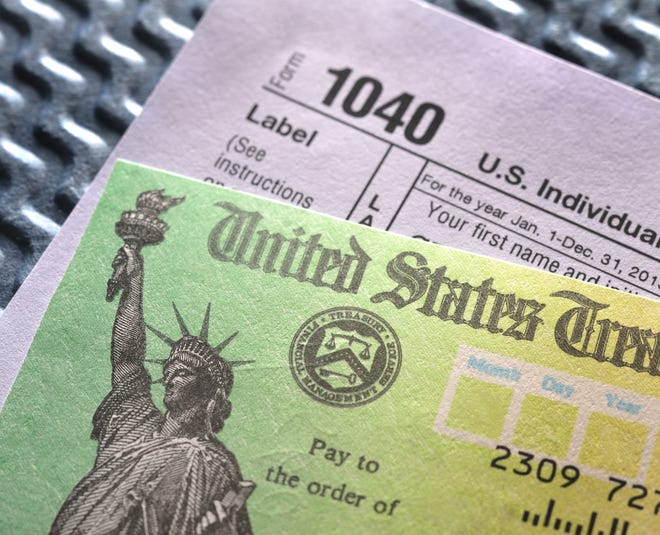These numbers could make or break your mortgage approval.
When you apply for a mortgage, lenders want to make sure that you are a good credit risk. This means that they like to know that you will pay off your loan on time without any problem during the repayment period.
There are a number of things lenders look at when trying to decide whether or not you are going to be a responsible borrower. But three key numbers are particularly important, and they can make or break your loan application:
- Credit score
- Debt-to-initial income ratio (DTI)
- DTI back-end ratio
Here is why they are important.
Start your journey to financial success with a bang
Get free access to the selected products we use to help us meet our financial goals. These fully verified choices could be the solution to help you boost your credit score, invest more profitably, build an emergency fund, and more.
By submitting your email address, you consent to our sending you money advice as well as products and services which we believe may be of interest to you. You can unsubscribe anytime. Please read our privacy statement and terms and conditions.
1. Credit rating
Your credit score is a three-digit number that highlights your entire borrowing history.
There are actually several different scores, including a FICO score and a VantageScore. But all credit scoring formulas use the same basic approach. They take into account:
- How much of your available credit you have used
- Your payment history
- If creditors have ever had to take legal action against you
- The types of loans you have taken out
- How much new credit you have applied for recently
After reviewing all of these criteria, one of the three major credit bureaus gives you a score. This score is typically between 300 and 850. Scores below 660 (approximately) are considered poor or fair, while scores above 740 are considered very good or exceptional.
By looking at your credit score, lenders get a quick overview of how you handled debt in the past and how you manage it now. While it is possible to qualify for certain types of mortgages with poor credit, it can be more difficult and you will have fewer lenders to choose from.
2. Frontal DTI ratio
Lenders also look at another important number when deciding whether you can afford the mortgage you want: your debt-to-income ratio (DTI).
Your debt-to-income ratio measures your debt to your income, but it actually exists of them different DTI ratios that matter.
Your front-end ratio is the first. This is the amount of your gross monthly income that will go towards housing costs if you qualify for the new mortgage. Housing costs include your mortgage payment, as well as taxes and home insurance.
For example, if your gross income is $ 5,000 and you want to buy a house with total monthly costs of $ 1,800, then your initial DTI would be $ 1,800 divided by $ 5,000 or 0.36 . That’s a frontal DTI ratio of 36%.
In this case, you might have a hard time finding a mortgage lender, as most prefer your initial ratio to be less than 28%.
3. Back-end DTI ratio
Your back-end ratio is also a method of evaluating the amount of financial obligations you would have against your income if you were approved for a mortgage. But that doesn’t just factor in housing costs – all of your other debts are taken into account as well.
To add to the example above, if you had monthly payments of $ 1,800 for a house, $ 200 for a car loan, and $ 25 for a credit card, then your back-end DTI would equal the total of all of those monthly payments divided by your gross income of $ 5,000.
Since $ 2,025 divided by $ 5,000 is 0.405, your final ratio would be 40.5%. Most lenders want your back-end ratio to be below 36%. So, again, you might face challenges in borrowing.
Of course, “most” isn’t everything, and some lenders allow you to borrow with a higher debt-to-income ratio as well as a low credit score. But you need to consider both the terms of the loan and whether your decision really makes sense before going ahead.
Spending too much of your income on housing costs could put you in financial trouble, especially if you are already heavily in debt. So if your DTIs are above these recommended thresholds, you might want to wait to buy a home until you’ve paid off some of what you owe. Likewise, if your credit score is not where you would like it to be, then waiting awhile to try and increase it could potentially pay off in the form of a lower rate and cost. lower borrowing.
If you are considering buying a home, it is important to understand what these numbers are and why they are so important. This way, you can better assess the likelihood of getting a loan approved before deciding if you are ready to buy a home.
 Resource KT
Resource KT


